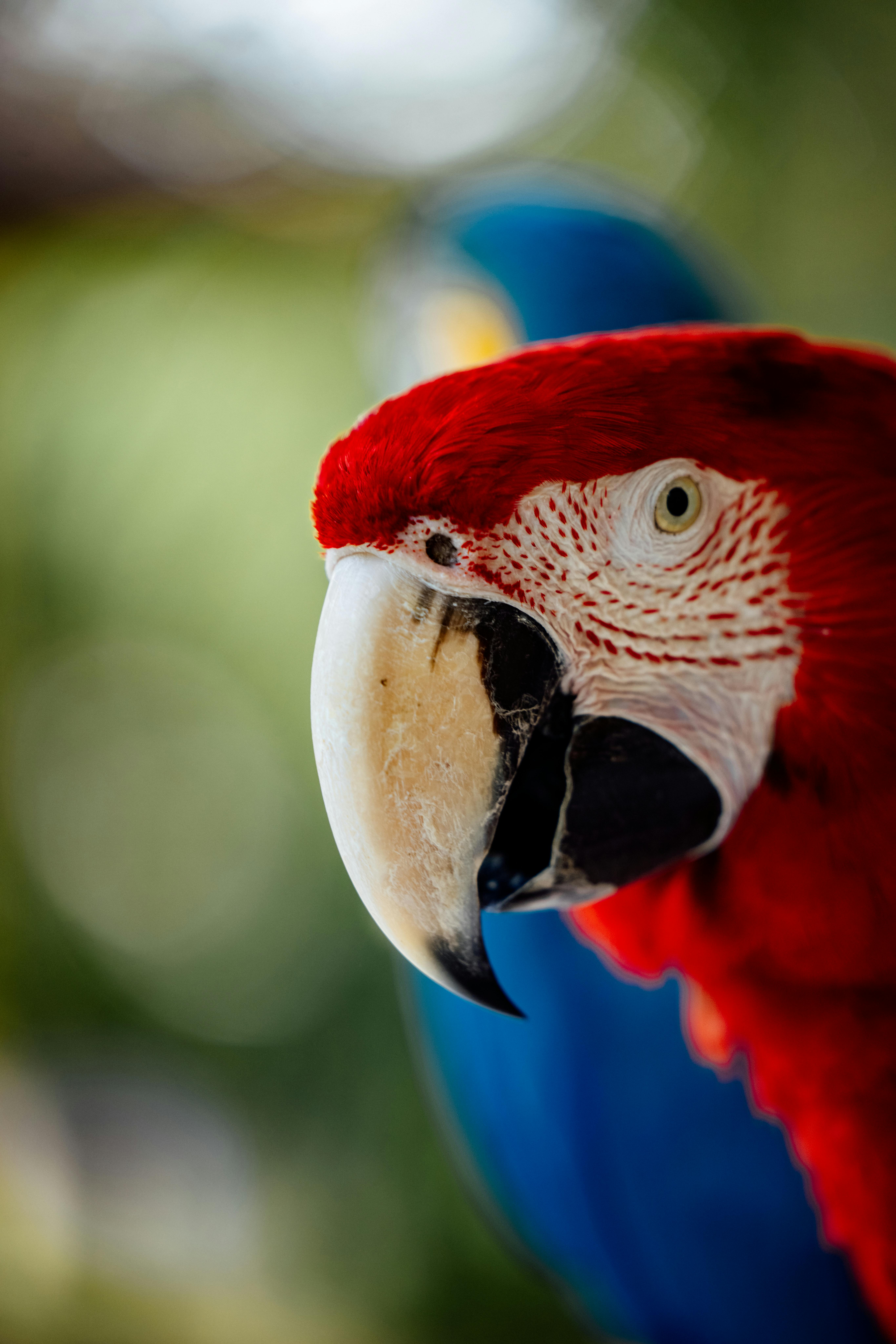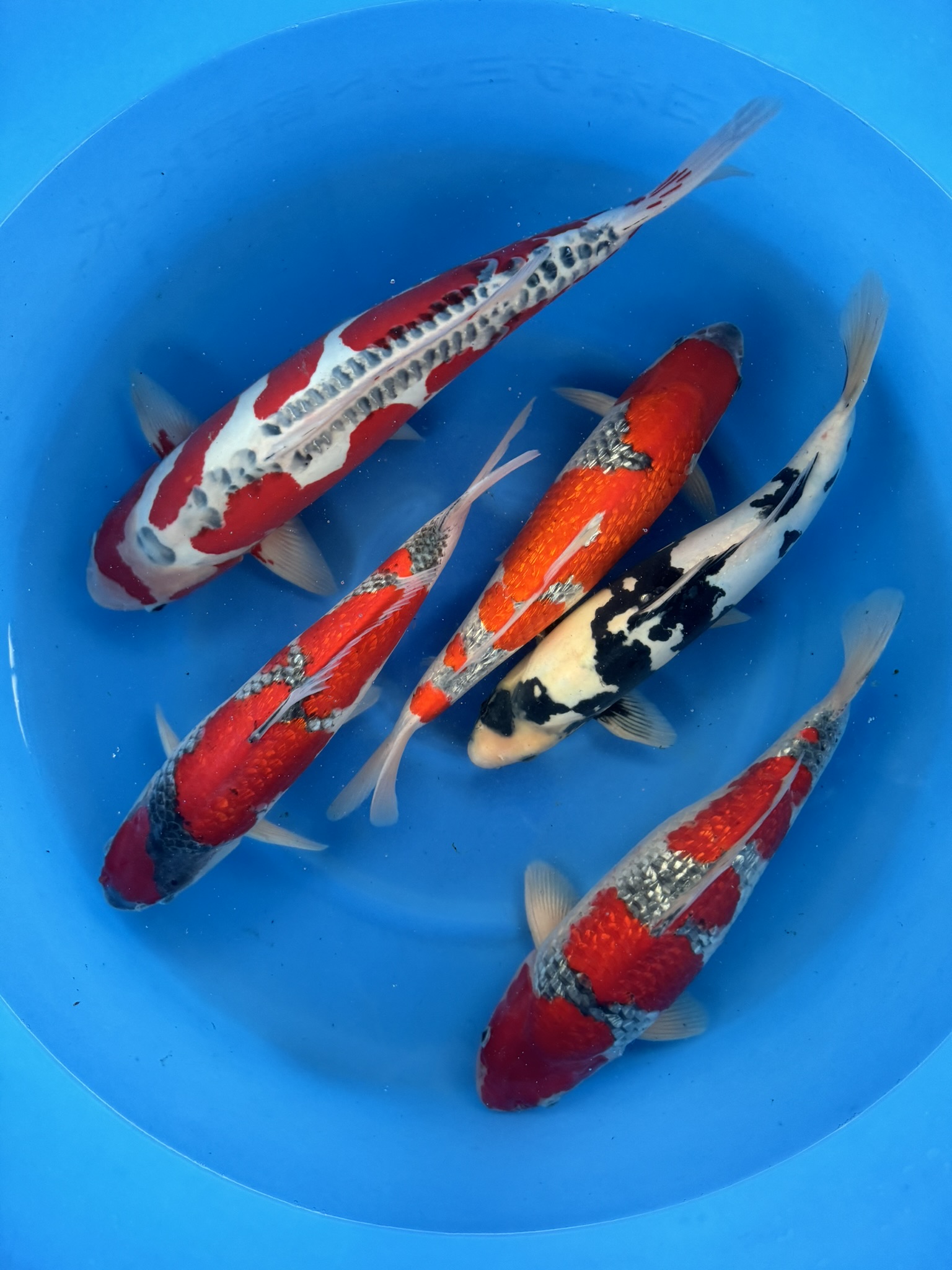
Essential Guide on How to Properly Care for a White Parrot in 2025
White parrots, such as the charismatic white cockatoo, are enchanting companions that can bring joy and vibrancy to any household. Understanding how to properly care for these exotic birds is not only essential for their happiness but also for their health and longevity. In this guide, we will explore the characteristics and needs of white parrots, focusing on their social and environmental requirements, proper diets, and the importance of mental stimulation through play and training.
The benefits of keeping white parrots are numerous. They can develop strong bonds with their human companions, often displaying remarkable talking abilities and social behaviors. As a result, they make excellent pets for bird lovers and families alike. This article will serve as a roadmap for prospective parrot owners, covering essential aspects of avian care, proper nutrition, enrichment activities, and tips for fostering positive behavior. Let’s dive into the fascinating world of white parrots and how to ensure a fulfilling life for your feathered friend.
Key takeaways from this article include understanding the specific needs of white parrots, the significance of effective bird communication, and practical advice on creating an ideal environment for these tropical birds. Whether you are a seasoned bird enthusiast or a novice in the world of pet birds, this guide will offer valuable insights into maintaining a healthy and happy pet parrot.

Essential Tips for White Parrot Care
Understanding White Parrot Characteristics
White parrots, particularly the white cockatoo, are known for their stunning plumage and playful nature. These birds are highly social and intelligent, requiring ample interaction and stimulation. Their vocalizations can range from cheerful chatter to occasional squawking, making clear communication with them crucial for a harmonious relationship.
Moreover, recognizing the moods and behaviors of your white parrot will help in establishing a strong bond. Learn to identify signs of contentment or distress; for instance, a fluffed-up bird might be agitated, while a relaxed posture indicates comfort. This awareness is vital in guaranteeing your bird’s emotional well-being.
Creating the Ideal Home for Your Parrot
The environment you provide for your white parrot is fundamental to its health. A spacious bird cage equipped with comfortable perches, toys for mental stimulation, and safe materials is essential. Make sure to frequently clean the cage to maintain a healthy living space.
Outdoor aviaries present excellent opportunities for play and exercise. Ensure that the aviary mimics aspects of their natural habitat. Adding a variety of branches and safe plants can enrich their living experience while providing opportunities for flight and exploration, which are vital for their physical health and happiness.
Feeding Your White Parrot: Avian Nutrition Guidelines
A well-balanced diet is pivotal for the health of your white parrot. This includes a mix of high-quality pellets, fresh fruits, and vegetables, offering a variety of nutrients essential for their health. Always avoid feeding them seeds as a main diet, as this can lead to nutritional deficiencies.
Incorporate foods that provide antioxidants, fiber, and essential fatty acids. Some excellent choices include leafy greens, bell peppers, and fruits like apples and berries. Always ensure that fresh water is available for hydration, and provide occasional healthy treats in moderation for training or bonding purposes.

Parrot Training Techniques for Effective Communication
Importance of Early Socialization
Socialization is crucial for white parrots, helping them develop into well-adjusted companions. Early exposure to various situations, sounds, and people can prevent behavioral issues and enhance their comfort level. Make the socialization process gradual and positive, allowing your bird to acclimate at its own pace.
Training Your Talking Parrot
Many white parrots are known for their impressive talking abilities. Implementing effective training techniques involves consistent repetition and patience. Use positive reinforcement methods such as treats and praise to encourage desired behaviors.
Starting with simple commands or words, gradually build your parrot’s vocabulary over time. Engage them in short, daily training sessions to keep their attention and motivation high. Establishing a routine will also help them learn faster and maintain enthusiasm for training.
Enhancing Parrot Enrichment Through Play
Playtime is not just for fun; it is essential for your parrot’s mental and physical wellness. A variety of parrot toys, including climbing structures and puzzle toys, can keep your bird entertained and stimulated. Regularly rotate toys to prevent boredom and maintain engagement.
Interactive play with their human companions can strengthen the bond and provide additional mental stimulation. Allocate time each day for direct interaction, allowing your parrot to explore and play outside its cage safely.
Common Parrot Health Issues and Prevention
Recognizing Signs of Illness in Birds
Monitoring your parrot's health is crucial for early detection of any issues. Common signs of illness include changes in appetite, feather condition, and behavior. Observing sudden lethargy, excessive vocalization, or changes in droppings can be symptoms of underlying health problems.
Establishing regular check-ups with an avian vet is vital for maintaining your bird’s health. Annual health assessments can help identify and prevent potential illnesses. Additionally, ensure that your home environment is free from toxins and hazards that may endanger your pet’s health.
Implementing Protective Measures for Your Pet Bird
Safety should always be a priority. Ensure that your living space is bird-proofed by securing windows, covering electrical cords, and removing any plants or substances that are toxic to birds. Awareness of common household hazards is key to preventing accidents.
Regularly engage in preventative care, such as bathing your bird to keep their feathers clean and free from parasites. Understanding the specific health needs of white parrots will contribute to a longer, healthier life.
Engaging with the Bird Community
Joining bird enthusiast groups or avian clubs can provide valuable resources and support for your white parrot care journey. Share experiences, tips, and advice with other parrot owners, and participate in local bird events or activities. Resources from communities can offer insights into bird care, training methods, and health concerns.
Conclusion: The Joys of White Parrot Companionship
Caring for a white parrot can be a rewarding experience that significantly enhances your lifestyle. Their unique personalities and intelligent behaviors create lasting bonds with their owners. By understanding their specific needs and engaging in responsible pet ownership practices, you can ensure a fulfilling life for your feathered friend.
As you embark on this journey, remember that each white parrot is unique, requiring individual attention and affection. With patience, love, and appropriate care techniques, your white parrot will thrive, giving you unforgettable companionship for years to come.